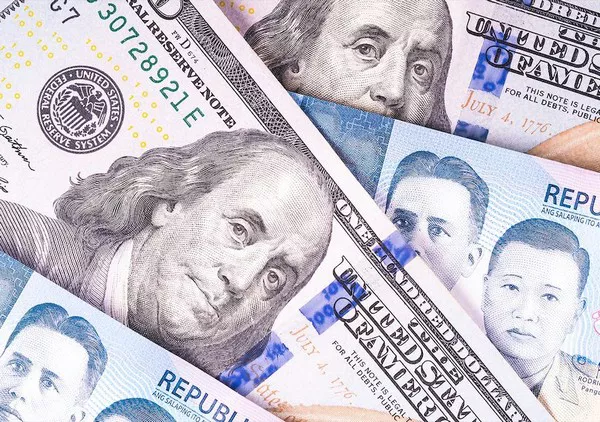A country’s currency is one of its most critical assets. It can influence international trade, investment, and even global economic stability. The value of a country’s currency against another country’s currency is often referred to as the exchange rate, which can fluctuate over time. A weaker dollar means that the US currency has less purchasing power, and this can have significant implications for both domestic and foreign investors. In this article, we will explore who benefits from a weak dollar.
Exporters:
Export-oriented businesses benefit from a weak dollar because it makes their goods or services more affordable in other countries. When the dollar is weak, the cost of importing goods into the United States becomes more expensive, while exports become cheaper. This makes American products more competitive in foreign markets, which can help increase sales and ultimately boost profits. Companies such as Boeing, Caterpillar, and General Electric are examples of exporters that benefit from a weaker dollar.
Tourism Industry:
The tourism industry is another sector that benefits from a weak dollar. A weak dollar makes it more affordable for foreigners to travel to the United States, thereby increasing tourism revenue for the country. Tourists from countries with stronger currencies can get more value for their money when they visit the US. This can lead to increased spending on hotels, restaurants, and other attractions, which can benefit local businesses that cater to tourists.
Multinational Corporations:
Multinational corporations with operations in different countries also benefit from a weak dollar. When the dollar is weak, revenues earned by these companies outside of the United States translate into more dollars. For example, if an American company earns €1 million in Europe when the exchange rate is $1.2 per euro, then it would receive $1.2 million. However, if the exchange rate drops to $1 per euro, then the same €1 million would translate to $1 million. This increase in revenue can improve the profitability of multinational corporations that operate globally.
Domestic Manufacturers:
While a weak dollar can benefit exporters, it can have adverse effects on importers and domestic manufacturers. When the dollar is weak, the cost of imported raw materials and goods increases, which can lead to higher production costs for American companies. This can hurt domestic manufacturers who rely on imported goods and materials to produce their products. Additionally, a weaker dollar can lead to higher inflation, as the cost of imported goods such as oil becomes more expensive. This can lead to higher prices for consumers, reducing their buying power.
Investors:
Investors can also benefit from a weak dollar. A weaker dollar often leads to higher inflation, which reduces the purchasing power of a currency. However, investors can hedge against inflation by investing in assets such as gold, commodities, or real estate. These assets typically increase in value during times of inflation, offsetting the negative effects of a weaker dollar. Investors can also benefit from a weaker dollar through investments in foreign currencies or international stocks. When the dollar weakens, foreign currencies and stocks become relatively more valuable, leading to increased returns for investors.
Government:
The government can also benefit from a weak dollar, although it can be a double-edged sword. A weaker dollar can lead to increased exports, which can boost economic growth and create jobs. Additionally, a weaker dollar can reduce the trade deficit, which is the difference between the value of goods and services imported and exported by a country. A lower trade deficit can improve a country’s balance of payments, which is the total of all inflows and outflows of money in a country’s economy. However, a weaker dollar can also lead to higher inflation and higher interest rates, which can hurt consumers and cause economic instability.
Conclusion:
In conclusion, a weak dollar can have both positive and negative effects on different sectors of the economy. Exporters, the tourism industry, multinational corporations, and investors can benefit from a weaker dollar. However, domestic manufacturers and consumers may face challenges due to higher production costs and inflation. The government can benefit from increased exports and a lower trade deficit, but must also manage the potential negative effects on the economy. Overall, the impact of a weak dollar depends on the specific circumstances of each country and its economy.


